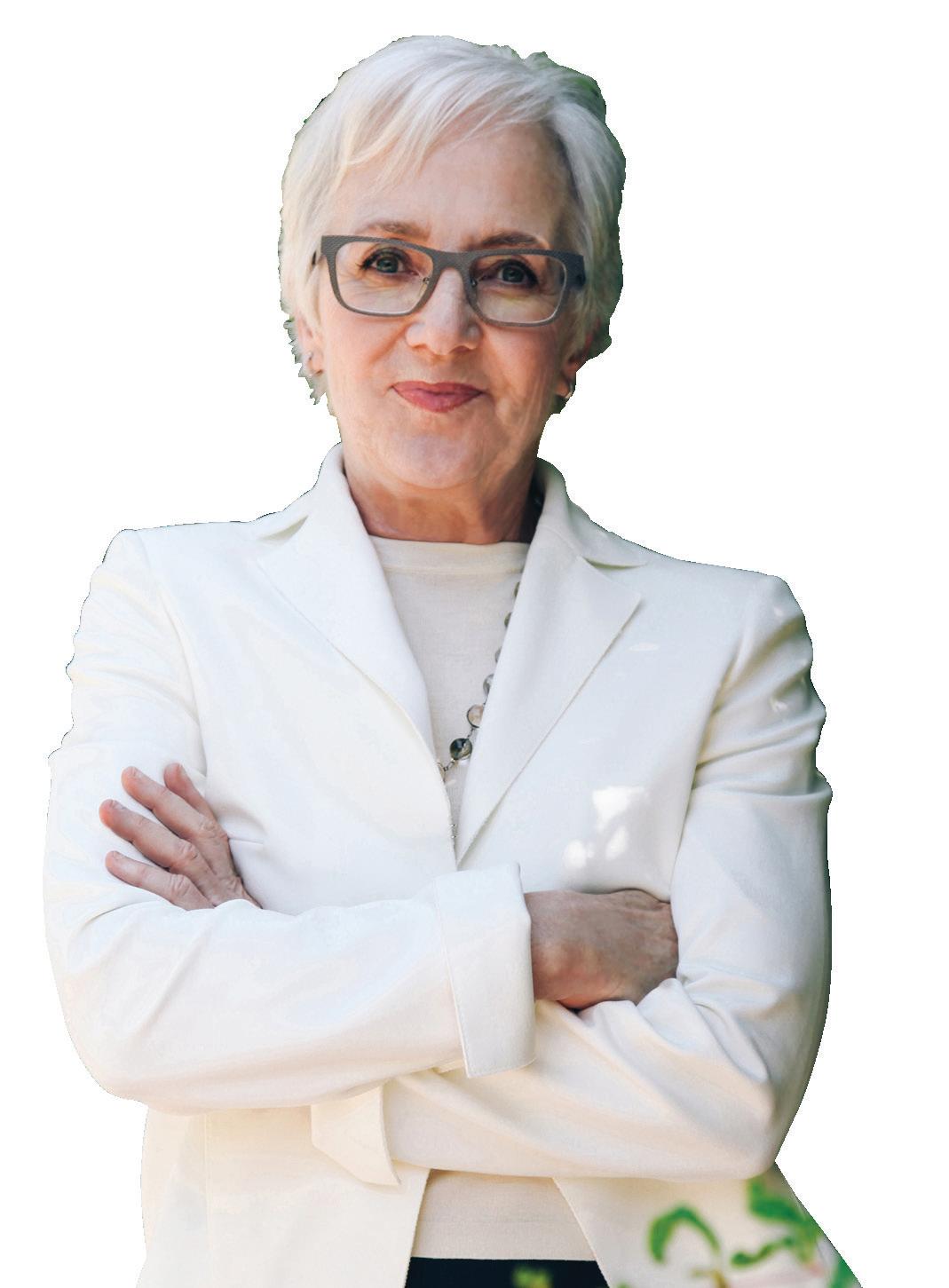
4 minute read
Focus on Faculty
Creating Space: Faculty and Staff Engage in Racial Affinity Work
The logistical challenges of COVID did not get in the way of Seven Hills’ work to become an even more equitable and inclusive learning community. Building on its multi-year diversity, equity, and inclusion (DEI) professional development work, as well as a schoolwide theme around building community, Seven Hills launched employee racial affinity groups in the fall of 2020. “The theme for the 2020-21 school year—Building CommUnity in our Diversity—was inspired by the 2020 Tokyo Olympics and reminded us that our community is stronger for the diversity of experiences and perspectives that we each bring,” says Kathleen McNamara. The purpose of these smaller group spaces was to create opportunities for faculty to develop a common vocabulary around DEI, build racial literacy skills, and engage in courageous
“We’re not born with a racial literacy skill set. We send teachers to math conferences so they can build upon their math literacy skills. As educators, we need spaces that provide mirrors and windows as well, to identify our own blind spots as we review our curriculum for identity, representation, bias, and voice. These skills are learned.” – Jase Turner, Assistant Head of School & Interim Head of Lower School

conversations. In doing this intentional work with each other, the Seven Hills adult community was able to be vulnerable, practicing with each other to better prepare for serving their students more fully. As part of this small group work diving into issues of race, employees broke out into two self-identifying affinity groups to start—a facilitated BIPOC (Black, Indigenous, People of Color) educators group and a White educators allyship group. Short films, talks, and resources from experts including Ali Michael (cofounder of the Race Institute for K-12 educators), Nina Simone (musician and Civil Rights activist), Phil Vischer (speaker and filmmaker), and Howard Stevenson (professor and director of the Racial Empowerment Collaborative), sparked reflection on racial identity and discussions around shared experience. Open-ended
questions such as How was race treated or discussed in your early development? opened the door for colleagues to examine the roots of how they see the world and consider their own socialization, learning journeys, and growth. Though new at Seven Hills, affinity groups have been supported by the National Association of Independent Schools (NAIS) for many years as a means to provide students, employees, and families the community-building, mentorship, and strategies they need to navigate challenges that can arise in independent schools. Affinity work builds a healthy, happy, and whole faculty community and impacts how they show up in their jobs and in how and what they teach their students. “We send teachers to math conferences so they can build upon their math literacy skills,” says Jase Turner, Assistant Head of School & Interim Head of Lower School. “As educators, we need
mir•ror
noun / allows for self-reflection of one’s own experience, helping to build and reflect our identity.
win•dow
noun / offers a view into someone else’s experience, and builds empathy for the fact that we all have different experiences.
Vision for Seven Hills Affinity Group Work
• Facilitate opportunities for affirming, nurturing, and sharing lived experience; • Discuss issues related to racial/ethnic identity development in a safe environment where people who share that racial or ethnic identity can generate community, fellowship, and empowerment; • Envision and share strategies for greater racial and ethnic diversity, equity, and inclusion at The Seven Hills School.
spaces that provide mirrors and windows for our racial literacy skills as well, to identify our own blind spots as we review our curriculum for identity, representation, bias, and voice. These skills are learned.” This year, Seven Hills employees will expand the scope of their affinity group work and engage in similar conversations around religion, gender, and socio-economic difference. Faculty will continue to assess their own scope and sequence for cultural competency and anti-bias, guided by questions such as How are students learning? What do they see in front of them? How do they see themselves, and what opportunities are there to bring in voices that are not in the room? Many teachers are already thinking about how they might implement affinity groups with Middle School students as they look toward the pillars of our Portrait of a Graduate. As our strategic plan ensures that this work of community and belonging is never done, Seven Hills is more committed than ever to making school a place where every student feels seen and heard.

2020-21 Virtual Parent Lecture Series
Parents, educators, and community members tuned in to hear renowned speakers from the comfort of home.
There’s no question—talking to our children about race and racism can be a difficult conversation. Julie Lythcott-Haims, activist and New York Times bestselling author of the parenting manifesto How to Raise an Adult and memoir Real American drew upon her own experiences as a biracial woman to share how we can start conversations at home with our children.
National expert on raising sexually healthy kids and teens, Deborah Roffman spoke to parents on communicating about sexuality with young children in ways that keep them coming back for more. She is the author of three books including Talk to Me First.
Dr. Wendy Mogel, clinical psychologist, parenting expert, bestselling author of The Blessing of a Skinned Knee, spoke to parents about her third book, Voice Lessons. She shared insights on cultivating the art of conversation in an age of hurry, worry, and digital distraction.




